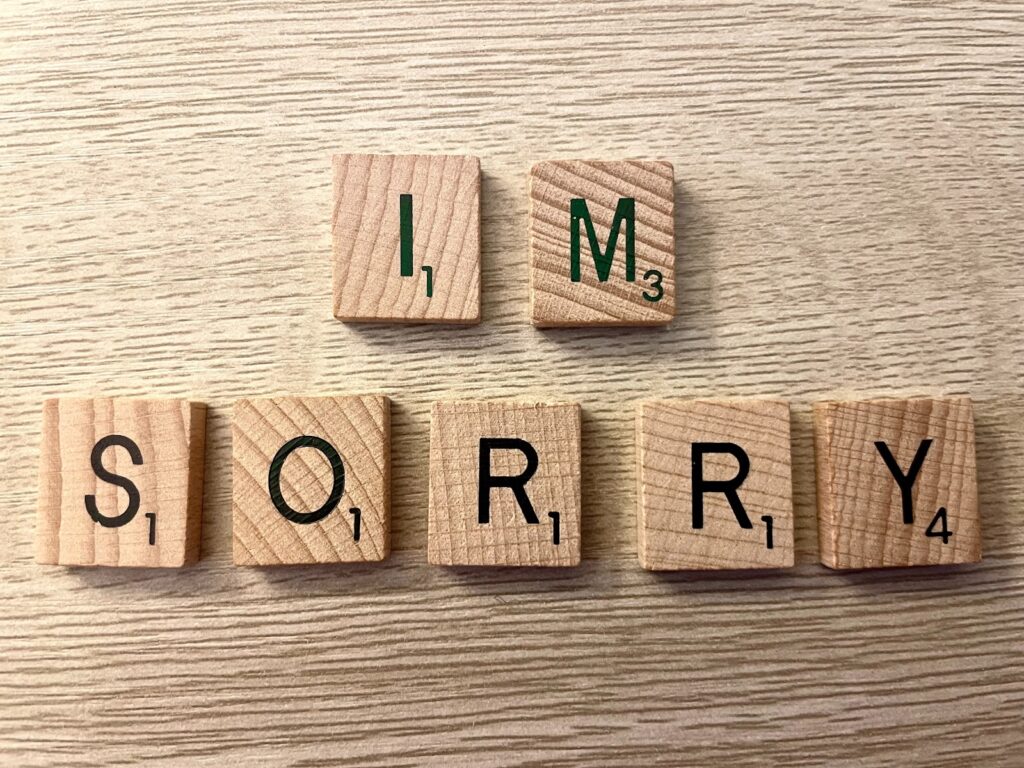The following blog was contributed by Julie Emory-Johnson, national partnership director at Friendzy.
Schools are places of great care. You don’t have to look hard to see examples of service, love, compassion, consideration and kindness–care. Children require it. That kindergartner’s shoe is not going to tie itself. As educators, we naturally pour into the students we serve. We form relationships and bonds that impact the person each student becomes. Most educators are called to this work, and Catholic school educators recognize this as a vocation governed by our faith.
“Let us think of ways to motivate one another to acts of love and good works.” Hebrews 10:24
It is beautiful and often exhausting work. Teaching has never been more challenging, and teachers have never had a greater need to care for themselves and one another. Renowned scholar Nel Nodding, known for her work on the ethics of care and education, suggests caring is the foundation of ethical decision-making. She recognizes the need to practice, model and reflect on caring.
Humility and forgiveness are so embedded in the Catholic faith. They are such outward expressions of caring that it is difficult to consider caring and the ethics of care without looking at these practices.
A 2018 study explored the influence of humility and forgiveness on elementary and secondary teachers’ self-efficacy. Self-efficacy is defined as the belief in your capacity to execute behaviors necessary to produce specific outcomes (Bandura, 1997). Without faith in yourself, motivation wanes, behaviors change, and social environments are impacted. Sezgin and Erdogan’s 2018 study found a significant positive relationship exists between the traits of humility and forgiveness and the belief in one’s self-efficacy.
In other words, belief in yourself as a teacher or school leader is a game changer. How often have you thought about your belief in yourself being connected to humility and forgiveness? Self-efficacy has a lot to do with the social environment. As educators, we think about our students endlessly. However, we spend a lot of time in the school environment with our co-workers and the greater school community without considering the impact on ourselves. Each time you face an annoyance or perceive a slight, it chips away at your efficacy. This is human nature, and everyone experiences it.
It doesn’t feel good and can honestly bring out the worst in you. Have you responded in a way that, upon reflection, just felt yuck and, after reflecting about it, thought of a million other ways you wish you had handled the situation? I have, and it doesn’t feel good. You can impact the culture in your school/workplace. Do you want to spend your days in a place that builds you up or tears you down?
“Be kind and compassionate to one another, forgiving each other, just as God forgave you.” Ephesians 4:32
Intentionally re-framing interpersonal relationships through the lens of humility and forgiveness is an exciting idea and the embodiment of care. Care for yourself and others. Having the language to talk and think with colleagues about caring for one another takes practice, but it is worth the investment.
“How good and pleasant it is when God’s people live together in unity!” Psalm 133:1
Asking yourself how you can re-frame your thinking to include humility and forgiveness. Start with these three tips.
Recognize your perspective is yours alone, and be open to listening and learning from others.
Take time to reflect on how you would do things differently but remind yourself you are a work in progress, then identify a new response, so you’re ready if the situation comes up again.
Practice saying, “I’m sorry,” “I was wrong” or “I don’t like how I handled that situation.” It’s never too late to apologize or revisit the situation and course correct.
These skills are vital for us as educators, and we can equip our students to do the same. Teaching friendship skills helps teachers and students manage their emotions, improve their ability to set and achieve positive goals, empathize with others, maintain positive relationships and make responsible decisions. If you want to learn more about Friendzy and how our program supports the development of positive school culture, reach out. We are always here for you.
Friendzy works in Catholic schools across the country and is a proud partner of NCEA. If you want to learn more about Friendzy, visit us at Friendzy.co/NCEA-members and fill out a request for information. We would love to hear from you, share the program and welcome you into the Friendzy family.
